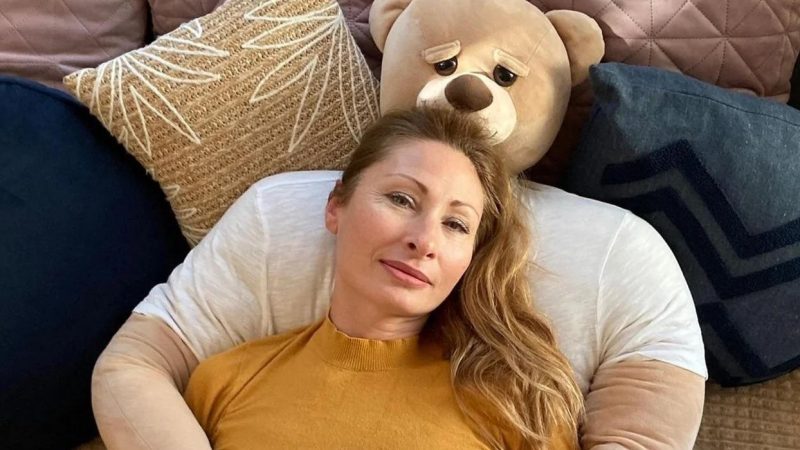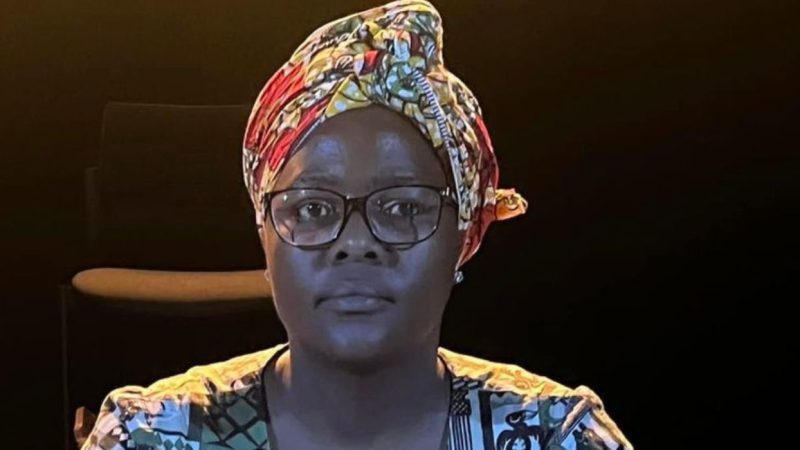Exclusive with Africa’s Traditional Cuisines MasterChef

Zimbabwean born, Prince Sivalo Mahlangu is a Chef, Film Producer, Explorer and Fitness Trainer currently residing in the city of Bulawayo, Zimbabwe. His love for cooking African foods led him, along with his best friend Thembani Melusi Phakathi, to create an online show called Magriza Made Me Cook.
Magriza is slang for uGogo (grandmother in isiNdebele) as it was Prince’s grandmother that inspired his love for cooking and storytelling. Magriza Made Me Cook is a prominent brand in Africa telling an African story throough the continent’s traditional cuisine.
The show’s objective is to document and serve Africa’s diverse food culture, one dish at a time as well as air other cultural and traditional narratives that have never been documented.
My Afrika Magazine journalist, Tapiwa Rubaya (TR) had an exclusive deep chat with Prince (PM) to have insights about his online show and life in general.
TR: Why did you start the Magriza Made Me Cook?
PM: Magriza Made Me Cook was started by myself and my friend Thembani Melusi Phakathi after seeing the need to document the various dishes that fall within the various cultures in our different communities. As a Chef and Explorer, it is my desire to be able to cook and serve these diverse dishes. The name Magriza Made Me Cook was coined by another friend of mine, Thabo Clarence Moyo.
TR: Can you tell us about your journey when you started Magriza Made Me Cook?
PM: I spent a considerable amount of time in academia, both as a student and teacher from 2011 right up to 2018. In 2019, I decided to focus on my passion of cooking African foods. This passion thus led to the creation of the filmmaking aspect of the show using documentaries as the main form. These documentaries delve into the preparation and utility of various African foods. To this end, the 2-year journey has seen me travelling to different places and meeting different people. This has been an eye-opening experience.
TR: Not everyone from the young generation is a fan of traditional cuisines. How do you manage to convince them of the importance of traditional cuisine?
PM: I look at African cuisine in two aspects namely, heritage and nutrition. I believe food is an important aspect in one’s heritage and acknowledging this point alone makes the need to preserve our food an important task. Most of the storytelling on MMMC is centered around this point. Secondly, beyond any doubt, indigenous foods offer a variety of nutritional values which are crucial for maintaining a healthy body. These are what I use to motivate the young generation.
TR: I am always curious to know where you obtain/obtained your traditional knowledge when it comes to food and traditional herbs?
PM: I come from a family that values culture and tradition. As a descendant of the great Chief Sivalo (a close ally to King Lobhengula and Queen Lozikeyi) and King Magodonga Mahlangu, this cultural and royalty element is enshrined within my DNA. Although my father and mother played their part in teaching us the importance of indigenous foods and herbs, it was uMagriza (grandmother) who imparted most of the lessons. As a cook and herbalist, I was her apprentice from a tender age, and this allowed me to gain a rich knowledge and understanding of African foods and herbs.



TR: Do you believe as Africans we have neglected our Africa traditional cuisines?
PM: Yes and No. Let me start with the first assertion. I believe collectively African cuisine is the least adopted cuisine, and the major culprits in this are the African people themselves. Look at the positioning of African food in supermarkets, airlines, hotels, schools, and the corporate space, it’s next to none, except on certain days like Africa Day. This shows that we lack the confidence to cook, eat and present our food to the external world. We prefer to indulge in foreign cuisines and shun our indigenous foods and in some cases, when one is seen eating a dish like Idelele/Derere (Okra), they are associated with being poor.
This view I believe, is affecting Southern African cuisine the most. Contrary to this assertion however, I give a huge applause to Northern, Western and East African countries who are putting their indigenous foods on the map. If you go to Ghana, you will experience authentic Ghanaian food in any type of establishment. Same goes with Nigeria, Egypt, Kenya to note but a few. Southern Africa thus must take lessons from these countries.
TR: What is your favorite traditional meal?
PM: This is a difficult question. Very difficult! People that know me well understand my passion for nearly all the different types of indigenous cuisines predominantly found in our country. However, there is this dish that uMagriza taught me when I was 16 years old. The dish is called “Umcaba” and it is basically a combination of “Amasi” (fermented milk) and Uhayezi (boiled sorghum).
TR: Can you share with us details on how to prepare the meal and Ingredients needed?
PM: It is a very straightforward dish to prepare. You firstly take your sorghum (2 medium-sized cups) and remove any unwanted particles like sand. This process in isiNdebele is known as “Ukusesetha” (sieving).
After this, you put the sorghum in water and leave to soak for 30 minutes. Remove the sorghum in the water and bring to a boil in a medium pot for 45 minutes. You then remove the boiled sorghum (this is now known as Uhayezi) and place in a container/plate to cool down. Then take a grinding stone (you can use a blender if you don’t have one) and grind the sorghum until the inside contents are visible. When you are done, take Amasi and mix the two. Incredible dish!
TR: Between these which one would you favor, Italian, Spanish American cuisines?
PM: Maybe Spanish American Cuisines. There are several similar food patterns that we share.
TR: Where do you purchase your ingredients?
PM: At different number of places. I love to use the best type of ingredients as I believe this brings out the best type of dishes. I like to travel to rural areas to meet up with farmers who are conscious about quality just like me. In the City of Bulawayo, I purchase my ingredients from Emalaleni and KoShashe Food Markets which are located at eRenkini.
TR: You have a documentary which has been trending on social media can you tell us more about it?
PM: As I mentioned earlier, I come from a family of royalty. My ancestors had an encounter with King Mzilikazi at a place known as Ndubazi which is present day Mpumalanga in South Africa.
That encounter led to my family’s migration to present day Zimbabwe. In short, I’ve always wanted to do a documentary about King Mzilikazi and the first port of call was at his commemorations in Mhlahlandlela, a ceremony which takes place every September at this same venue. We managed to capture the event and got to learn in detail about the work of King Mzilikazi. Oh, and obviously the Food!


TR: Lastly have you ever thought of opening the very first-ever MasterChef Traditional Zimbabwe?
PM: Time will tell. I would love to have people showcase the diverse dishes that we have in our beautiful country of Zimbabwe.
For more on Prince and Magriza Made Me Cook, go to:
YouTube: Magriza Made Me Cook
Website: www.magrizamademecook.com





